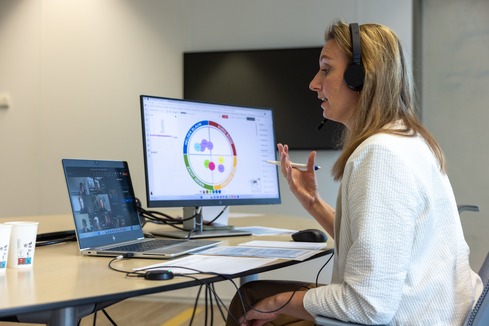Discover our services
Training without limits at Capgemini Academy

Your employees can join as many courses as they like with All You Can Train. Participants to the All You Can Train program have unlimited access to all our group courses. All these courses are also available as fully online courses, which enables our students to join and access our courses from anywhere in the world.













